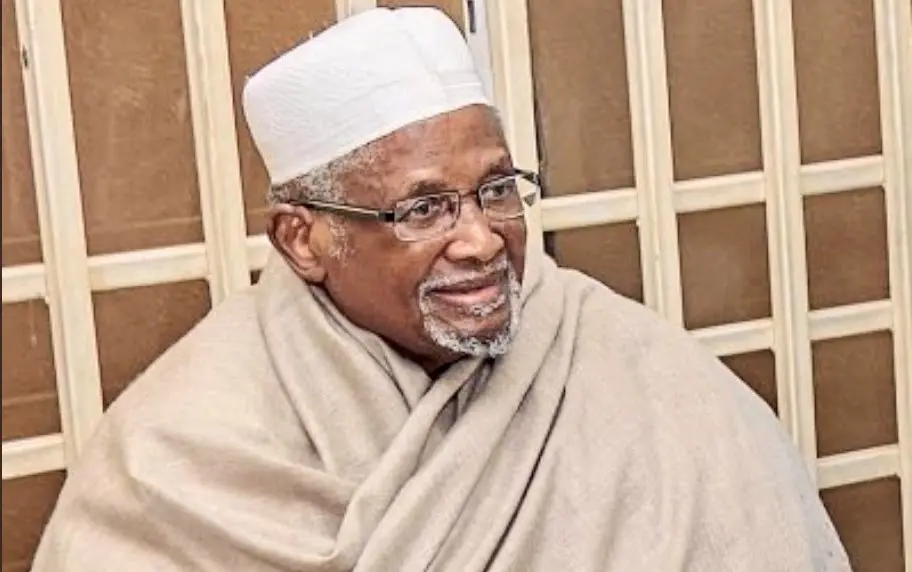Twelve political parties are poised to challenge Rivers State Governor Siminalayi Fubara in court if he complies with a controversial Federal High Court ruling that halts funding for the state’s 2024 budget. The court directed Governor Fubara to resubmit the budget to the Rivers State House of Assembly, despite its previous members having been dissolved.
Dan Nwanyanwu, the national chairman of the Zenith Labour Party (ZLP), has criticized the ruling, describing it as unconstitutional and impractical.
In an interview with Symfoni TV, Nwanyanwu accused the court of overstepping its authority by mandating the budget’s resubmission to an Assembly that no longer exists.
“With the greatest respect, what the court is asking Governor Fubara to do is present the 2024 budget to former members of the State House of Assembly who are no longer in office. That will never happen,” Nwanyanwu said.
He argued that complying with the ruling would violate Section 109 of the Nigerian Constitution, which governs the dissolution of legislative bodies.

The controversy began when only four of the 31 members of the Rivers State House of Assembly received the 2024 budget, leading the court to declare the process unconstitutional. Justice Joyce Abdulmalik of the Federal High Court emphasized the importance of legislative oversight in budget approval, citing Sections 120(2)–(4) of the Constitution.
She expressed concerns that the state’s financial activities lacked proper supervision due to an incomplete Assembly.
Nwanyanwu, however, dismissed the ruling as flawed, asserting that the judiciary’s involvement in the budget process should not undermine constitutional provisions. “Not less than twelve political parties are ready to take Governor Fubara to court if he complies. These former members are no longer part of the Assembly. Is the court unaware of Section 109?” he questioned.
The situation has sparked a constitutional debate over the judiciary’s role in state budget processes, underscoring the tension between Rivers State’s executive and legislative branches.
The outcome could set a precedent for how budget approvals are handled in states with dissolved legislative bodies.



